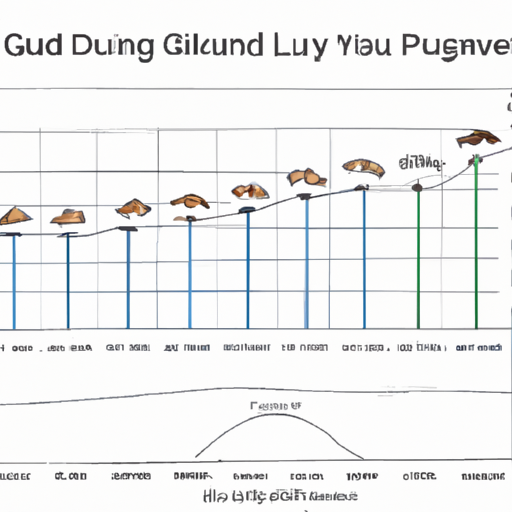Understanding your Dog’s Growth
Dear caregiver, as you watch your furry friend grow day by day, you may find yourself wondering, “At what age are dogs fully grown?” Just as in humans, the growth rate and time frame for dogs varies widely. Many factors come into play, such as breed size, diet, and overall health.
- Small Breeds: Small breeds typically reach their full size between 6 and 8 months.
- Medium Breeds: Medium breeds may take up to a year to reach their adult size.
- Large Breeds: Large breeds can take anywhere from 18 months to 2 years to fully mature.
It’s important to note that these are general guidelines and individual dogs may develop at different rates.
Factors Influencing Your Dog’s Growth
You may have noticed that not all dogs of the same breed grow at the same pace. This can be attributed to a few key factors:
- Genetics: Just like in humans, a dog’s genetic makeup greatly influences how quickly and how large they will grow.
- Nutrition: A balanced diet plays a crucial role in your dog’s growth. Insufficient or excessive nutrients can affect growth rates and overall health.
- Exercise: Regular, appropriate exercise can support healthy growth and development.
Monitoring Your Dog’s Growth
Keeping an eye on your dog’s growth can help you spot any potential health issues early. Regular vet check-ups are crucial, but there are also things you can do at home:
- Regular Weigh-ins: Regularly weigh your dog and keep track of their growth on a chart.
- Body Condition Scoring: Learn to assess your dog’s body condition to ensure they are at a healthy weight.
| Body Condition Score | Description |
|---|---|
| Underweight | Ribs, spine, and pelvic bones are visible |
| Ideal Weight | Ribs can be felt but not easily seen |
| Overweight | Difficult to feel ribs under fat layer |
Nurturing Your Dog’s Growth
As a caregiver, you play a pivotal role in your dog’s growth and development. Here are a few ways you can ensure your dog grows healthily:
- Provide a Balanced Diet: Ensure your dog’s diet includes the right balance of proteins, fats, and carbohydrates.
- Regular Exercise: Create a consistent exercise routine that is appropriate for your dog’s age, breed, and health.
- Regular Vet Check-ups: Schedule regular vet visits to monitor your dog’s health and growth.
Frequently Asked Questions
1. When do small breed dogs stop growing?
Small breed dogs typically stop growing between 6 and 8 months.
2. How long does it take for a large breed dog to fully grow?
Large breed dogs can take anywhere between 18 months to 2 years to fully mature.
3. How can I tell if my dog is underweight or overweight?
Use the body condition scoring system to assess your dog’s weight. If ribs, spine, and pelvic bones are easily visible, your dog might be underweight. If you have difficulty feeling the ribs under a layer of fat, your dog might be overweight.
Remember, every dog is unique, and their growth can be influenced by many factors. As a caregiver, your job is to provide a nurturing environment that promotes healthy growth.



